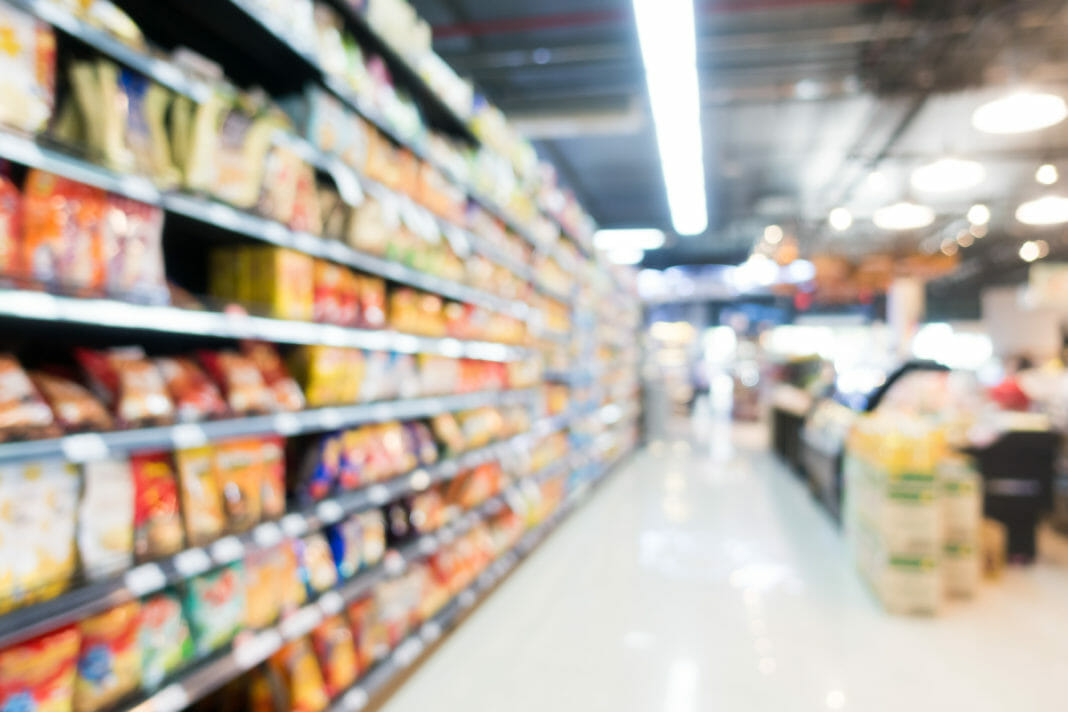The process will help identify contaminated food and will ensure the non-modification of the data.
Last Wednesday, October 2nd, the government of Argentina issued a statement through the National Service of agro-food Health and Quality (SENASA), which explains that they will use the country’s blockchain network to certify the appropriate traceability for the export of citrus fruits.
Through the statement published by SENASA on its official website, it was known that the governmental organization will be in charge of the Citrus Traceability System (SITC) project, which will ensure the non-modification of the data used for certification.
For these purposes, SITC is the public body that undoubtedly is responsible for the process of certification of the data, and the control of that information to ensure its maximum quality for export. Currently, most of the exports of these citrus fruits are made to some countries of the European Union, the United States and Latin American countries such as Mexico, and other markets.
The importance of this new control system using the federal blockchain network is that it will allow the authorities to certify the quality of these fruits, avoiding the shipment of contaminated fruits for processing or consumption. Likewise, it is known that this technology improves transparency in the process and will go against fraud, thus helping to reduce misplaced actions.
Despite this system, the statement recognized that there must be some confidence in each of the sectors that contribute to the production and marketing chain. Therefore, the commitment is also subject to the people who work in the field until the fruits are transported and protected, indicating that there must be a certainty that true and secure information is granted.
The information reveals that people can access the data using a specific application to read QR codes from mobile phones. Thus, allowing a simple way to have product data.
Blockchain Technology in the Food Industry
Blockchain technology has a wide variety of uses and applications that may well be somehow different from the original purpose of its creation. In this way, it is not only used as a central platform for different cryptocurrencies or for the management and control of important financial data. It can also be used to improve quality control and traceability of food products.
Since the blockchain system allows the unmodifiable handling and control of data, achieving greater transparency and security, the application of these tools to the different areas of the food industry could guarantee the quality of the food or provide data to the consumer to ask for their order in a restaurant. In fact, it is a specific task to use the federal blockchain to ensure the origin of food and certify that the products are suitable for consumption.
Although it is not completely determined that blockchain is a complete solution to all the problems experienced for food processing throughout the production chain, this technology can improve certain old processes that could take hours and days, in addition to increasing data security. The use of blockchain technology to speed up some areas of food production is something totally relevant and countries like Spain are working in the same project.
By María Rodríguez











